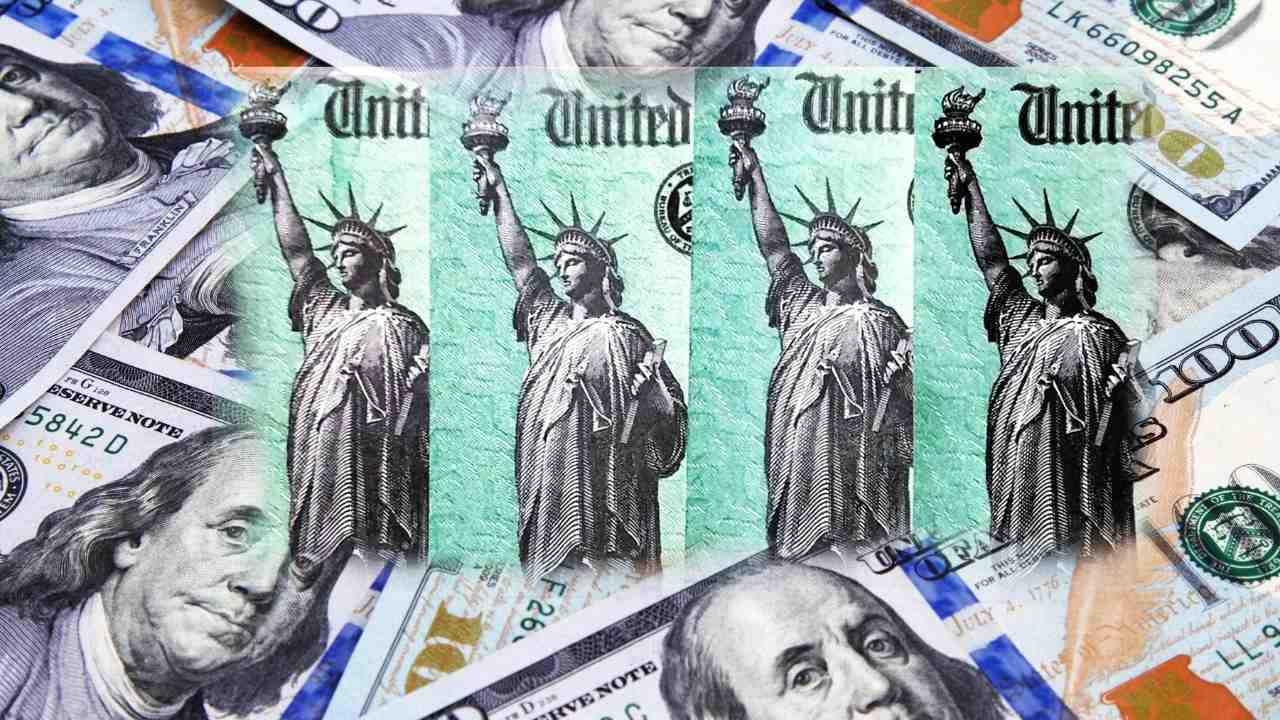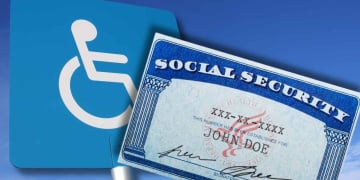American taxpayers are inquiring about a possible fourth stimulus check in 2025. They’re also asking about missed previous stimulus payments and how to claim them. This note details the status of the second, third, and a hypothetical fourth stimulus payments.
The deadlines to claim the first payment, issued in March and April 2020, have already passed. The same applies to the second stimulus check, distributed before January 15, 2021. The application windows for those payments are permanently closed.
Is there still time to claim the stimulus check?
The deadline to apply for the third stimulus check, for 2021, was April 15, 2025. This deadline marked the end of the three-year period to claim the $1,400 Recovery Rebate Credit associated with that fiscal year.
Even with a tax-filing extension, the 2021 return was due by April 15, 2025. There are no additional extensions or appeals for missing this deadline. Unclaimed stimulus payments revert to the U.S. Treasury.
On social media, there are still rumors that a fourth $2,000 stimulus check is being orchestrated in 2025. In addition to conversations on Facebook and Reddit, various unverified websites are spreading this possibility. However, neither Congress nor the IRS has confirmed this information. Caution is advised against possible fraud or misinformation.
There has also been mention of the DOGE Department stimulus checks: a proposed payment of $5,000 for millions of American taxpayers: it was called the “DOGE Dividend,” and was to be funded with part of the 20% savings identified by Elon Musk’s Department of Government Efficiency (DOGE).
However, no further details have been provided since the announcement, and no legislative progress has been made, as it had also been discussed that this initiative would need to go through Congress in Washington.
Who might qualify for these stimulus payments?
Instead of offering support to those who need it most, this model prioritizes households that already pay federal taxes, leaving out millions of low-income Americans. This represents a shift in focus from stimulus as a social aid tool to a kind of “tax reward” for those who already contribute more.
This approach raises fundamental questions: Should the state act like a corporation that rewards its shareholders for achieving efficiency? Or is its role to strengthen collective well-being through public investment and safety nets?
Turning government savings into a direct dividend for a fraction of the population might seem fair to some, but it contradicts the redistributive principle that has historically guided economic stimulus measures in times of uncertainty or slowdown.
Furthermore, the entire scheme proposed by Fishback is shrouded in uncertainty. The cuts have not yet been finalized, the checks depend on hypothetical figures, and any actual implementation would require congressional approval—no small hurdle in the current political climate.
Ultimately, DOGE stimulus checks reflect more of a political narrative than a viable public policy, and could end up being an illusion that, far from uniting, amplifies perceptions of inequality.




